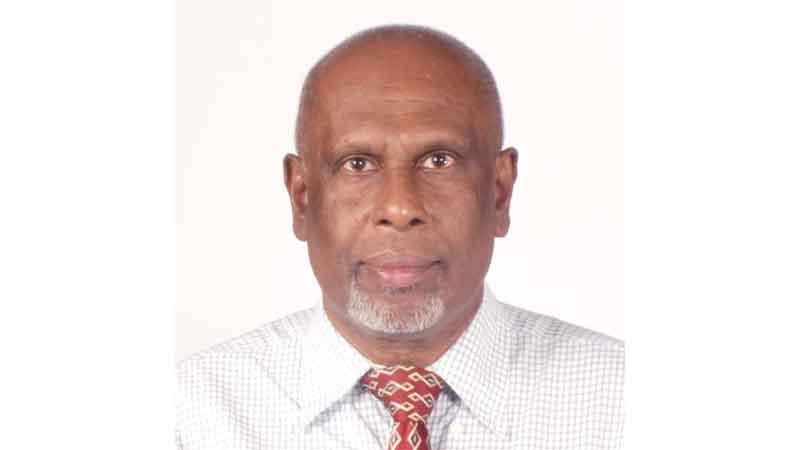
At the initial stage of the COVID-19 spread across Sri Lanka, the rate of infection was alarming, compared to most affected countries such as Italy, Spain and Iran. In this backdrop, the Government of Sri Lanka imposed an island-wide curfew more than a week ago, in a bid to minimise the spread of the deadly virus.
However, more than 4,000 curfew violators have been caught by the Police, forcing us to re-think how much we are socially responsible as citizens. Deputy Inspector General, Attorney-at-law Ajith Rohana on behalf of the Police was seen engaged in a constant mission of educating the public of their responsibility to support the authorities to curb this pandemic.
“I must stress one thing to the public. Do not think the curfew is lifted, to enable you to visit your relatives, or any other unwanted places. The curfew is lifted for you to visit the grocery store and the Pharmacy only,” he said.
However, last week people were seen roaming the streets in crowds, especially, residents in by-roads with the hope that the Police would not patrol such places. Also when the curfew was lifted while some acted responsibly to ensure that contamination is minimal, others were seen congesting at grocery stores and markets, despite all steps taken by the health authorities to control the pandemic.
In this situation, senior sociologist, Prof. (retired) Kalinga Tudor Silva discussed the social behaviour of Sri Lankans during a crisis. “First of all, I would say this is an unusual thing for Sri Lankans. People in many other countries including the developed countries have pre-arranged their itineraries to conform to the public in a global pandemic like this” the Prof said.
He referred to incidents such as ‘panic buying’ at supermarkets and grocery stores as examples to highlight the fact that Sri Lankans are not well-prepared to face a challenge like COVID-19. “Therefore I cannot blame the public entirely. They are scared about provisions for their families more than the virus” he said.
Leaving aside panic buying, roaming the streets during curfew hours and creating unnecessary issues for the police are things the public should be accountable for, the Prof pointed out. “They (the public) may have reasons for panic buying. But they cannot forget their responsibility towards others. No one can shirk that responsibility,” he said.
With his vast experience on the social behaviour of Lankans, the Prof said the current behaviour of Sri Lankans lies in the way they understand problems. “They seem to have forgotten the original problem, the virus. Before getting into the virus, Sri Lankans want to assure that their loved ones have enough food to eat. It comes with their cultural background,” Prof Silva explained.
In a theoretical aspect, he thinks Sri Lankans do not possess the “risk perception” of their current social activities. “This is not something limited to Sri Lanka. We saw the same behaviour in Italy and some other European democracies. In China, they controlled the virus with force. But in European democracies they find it difficult to use such force”
He said, “Sri Lanka also has a democratic political background for many decades. Hence we are experiencing such negative effects of European democracy based on individual freedom,” adding that it has proven to be grave in a global pandemic such as this.
